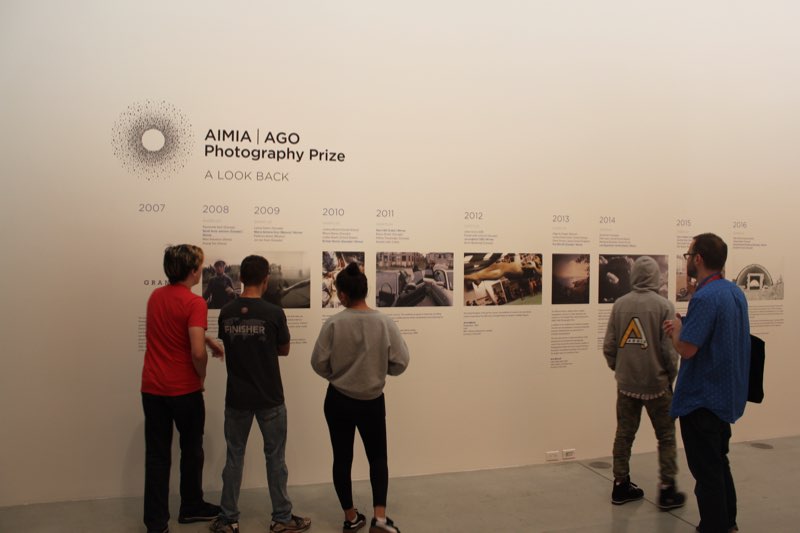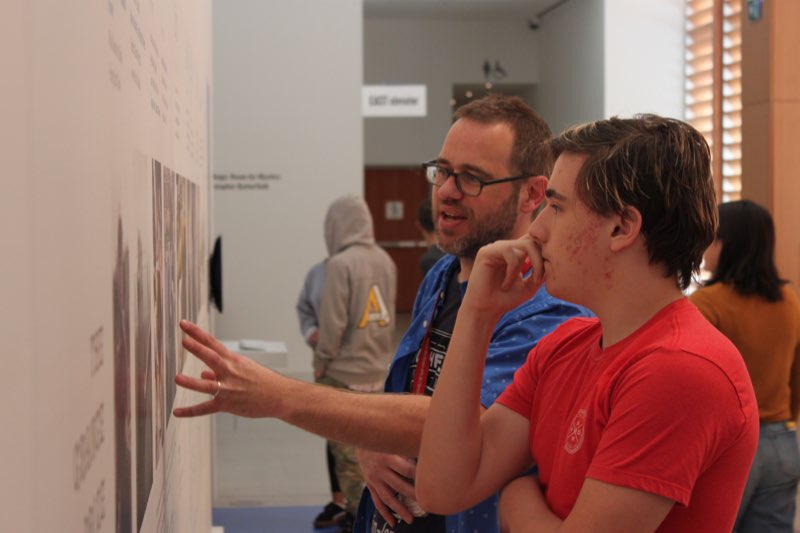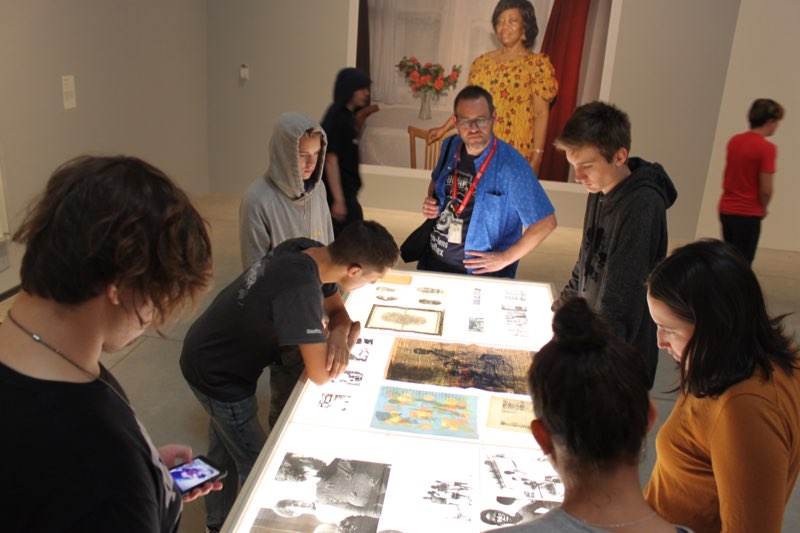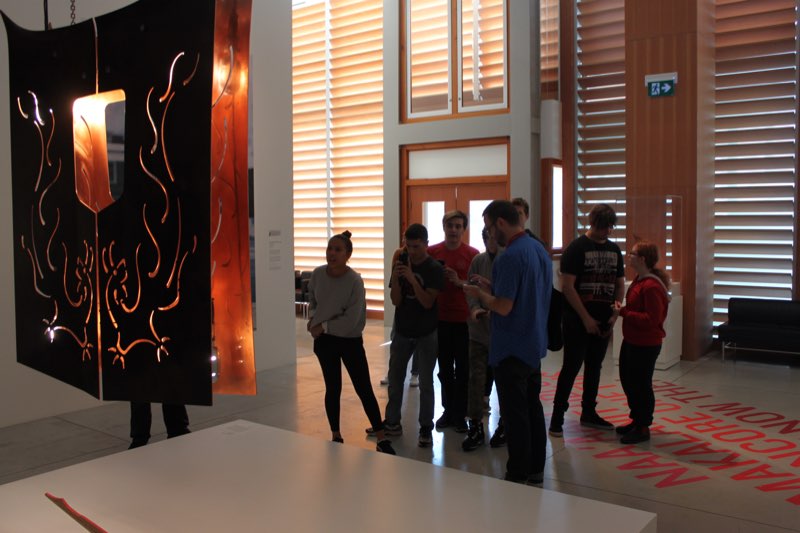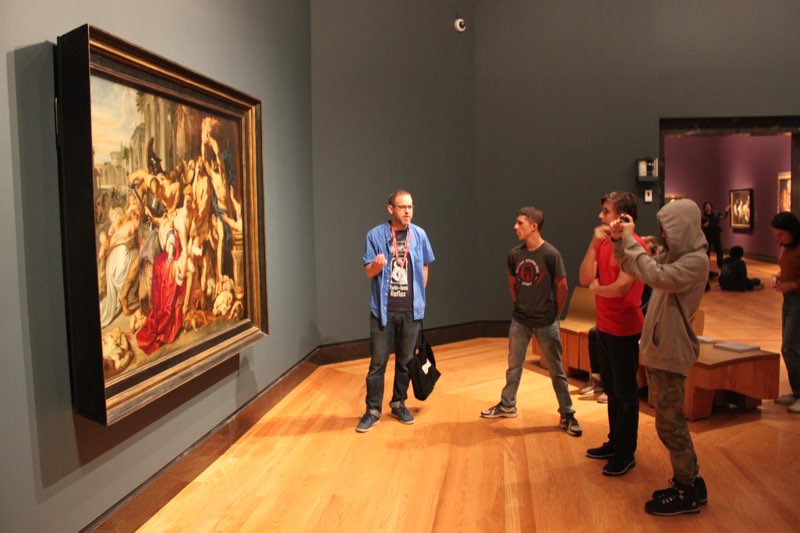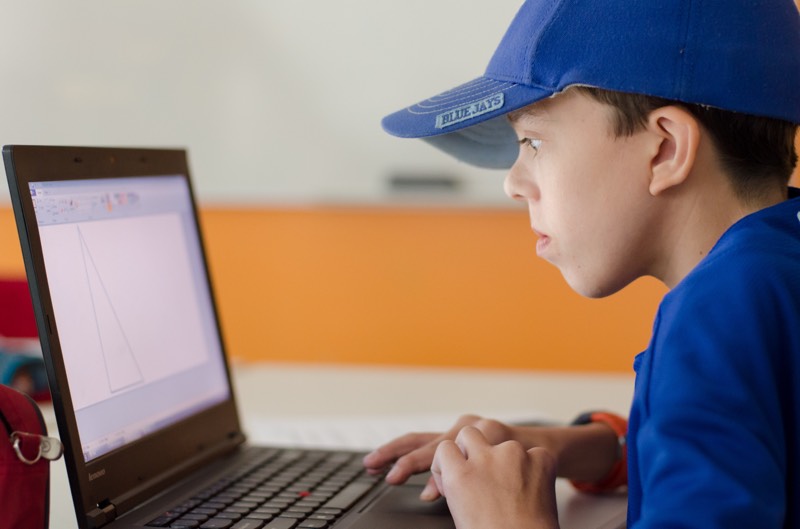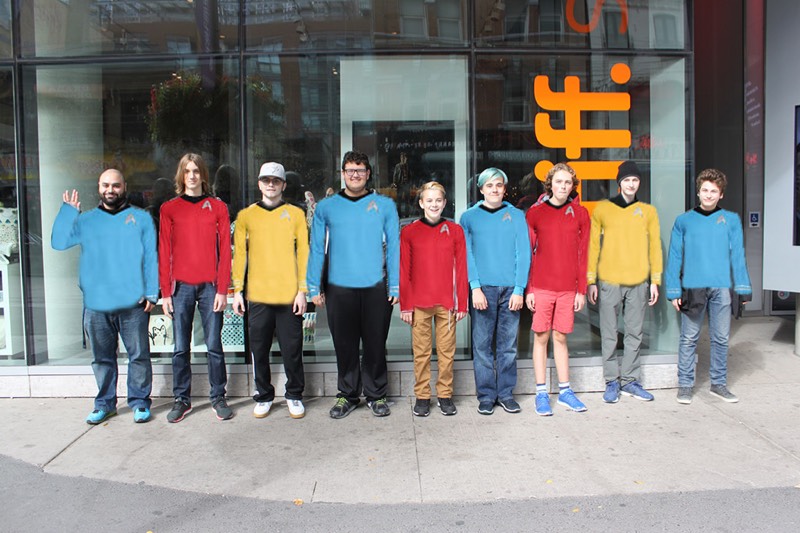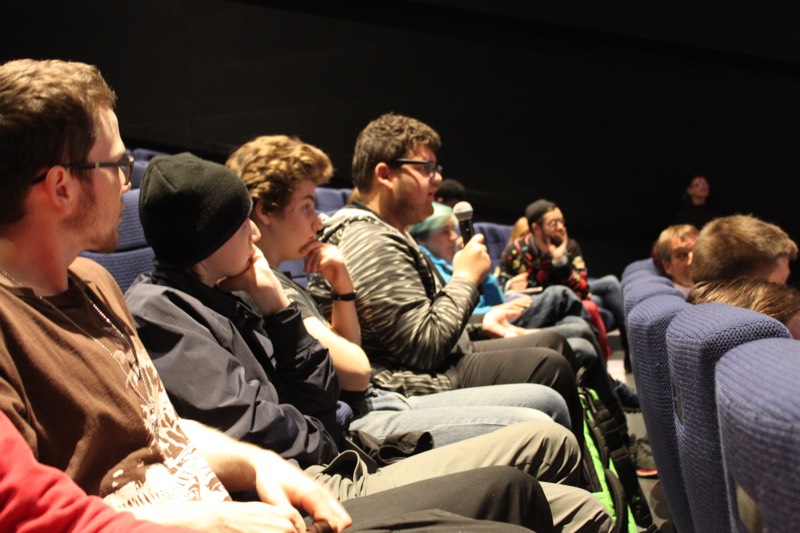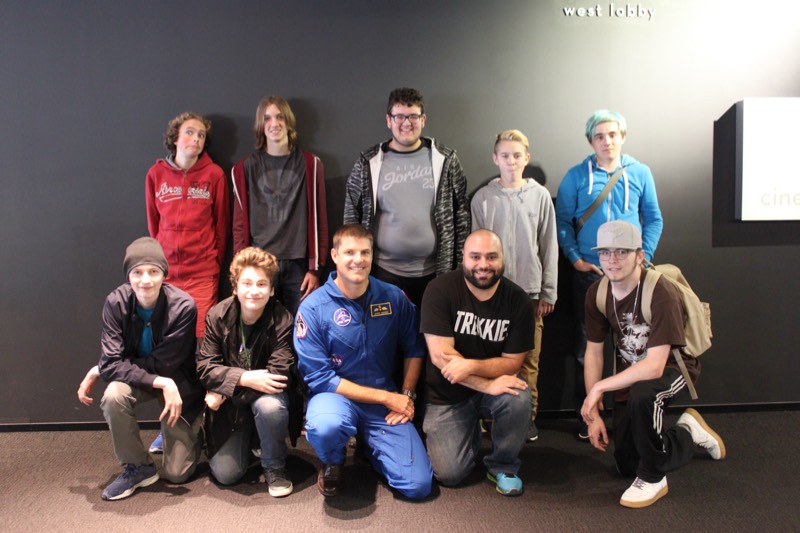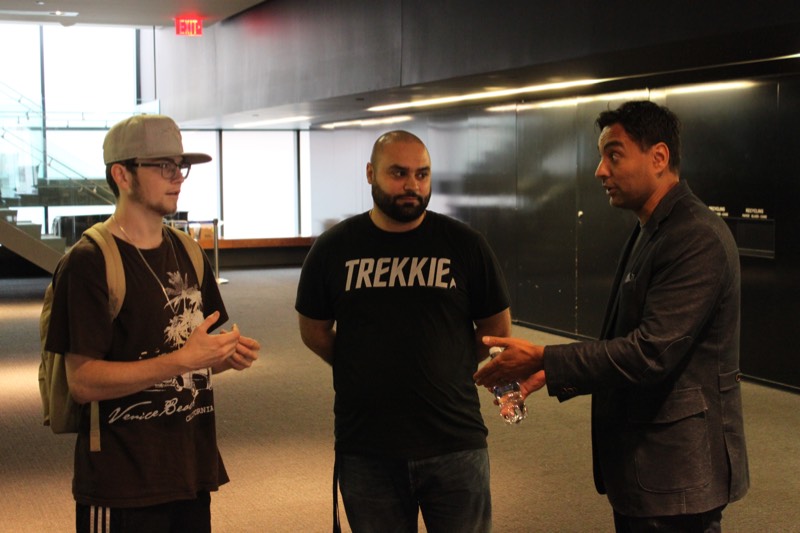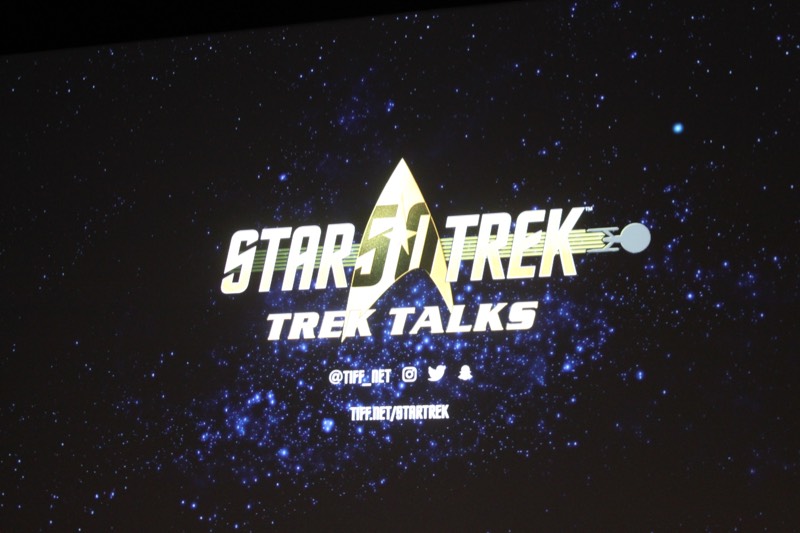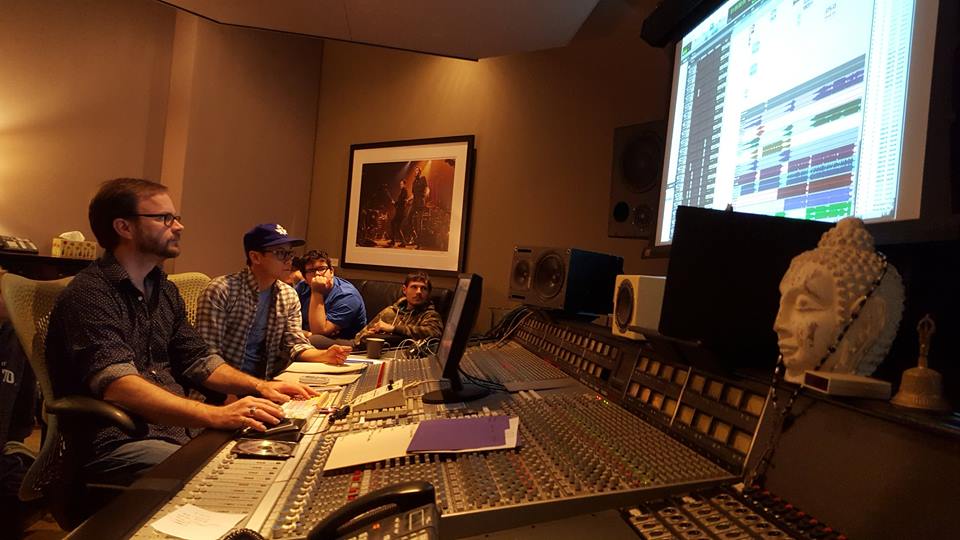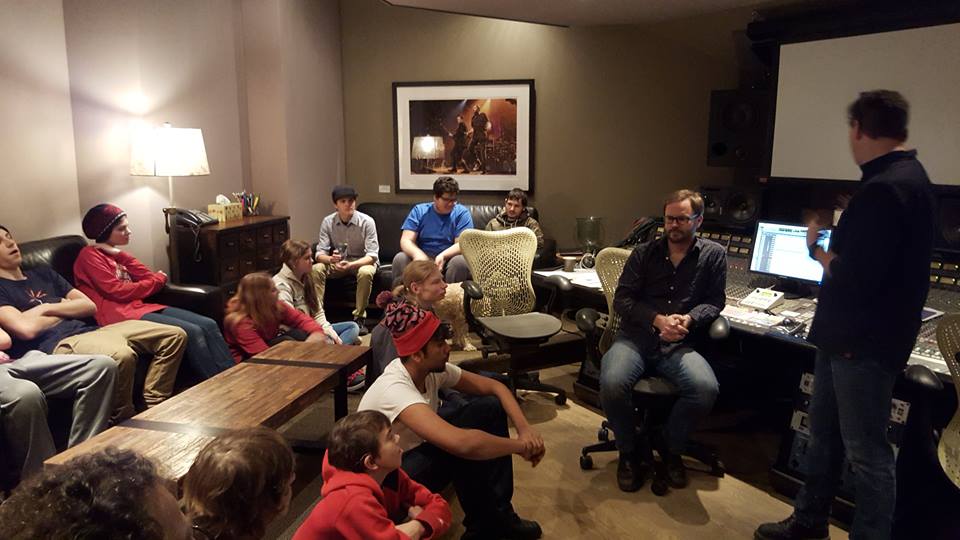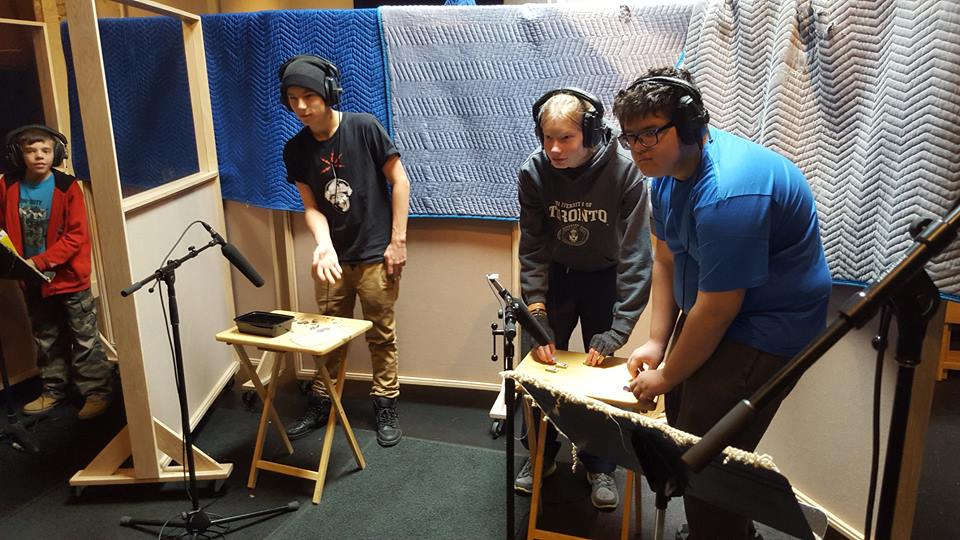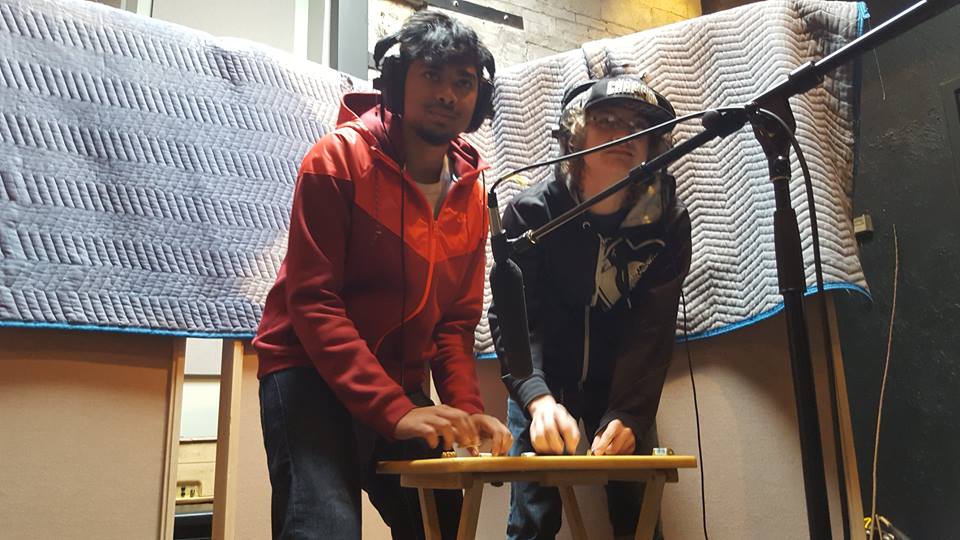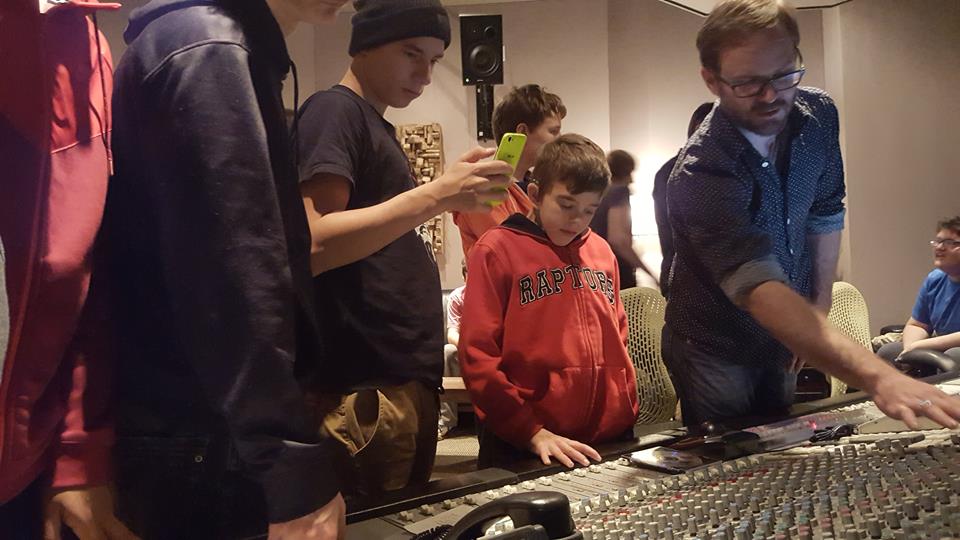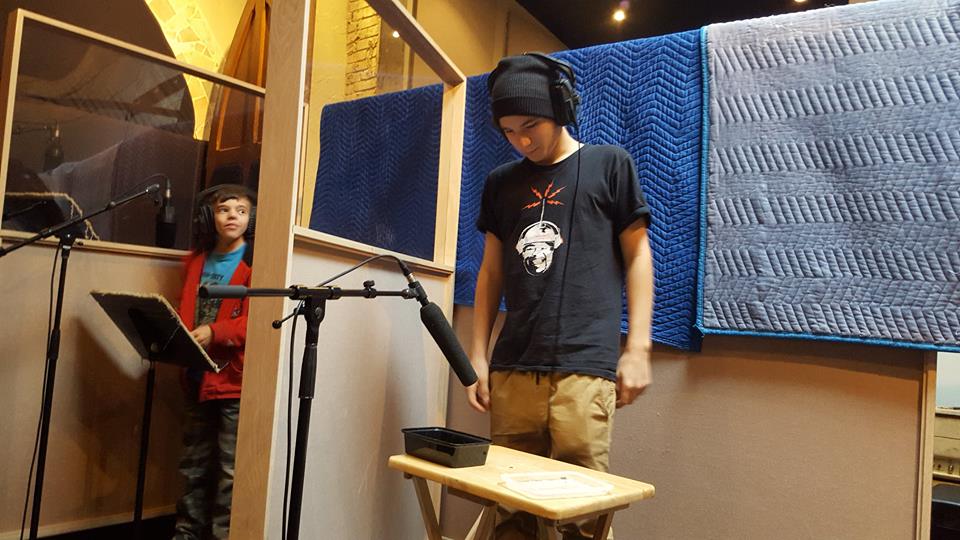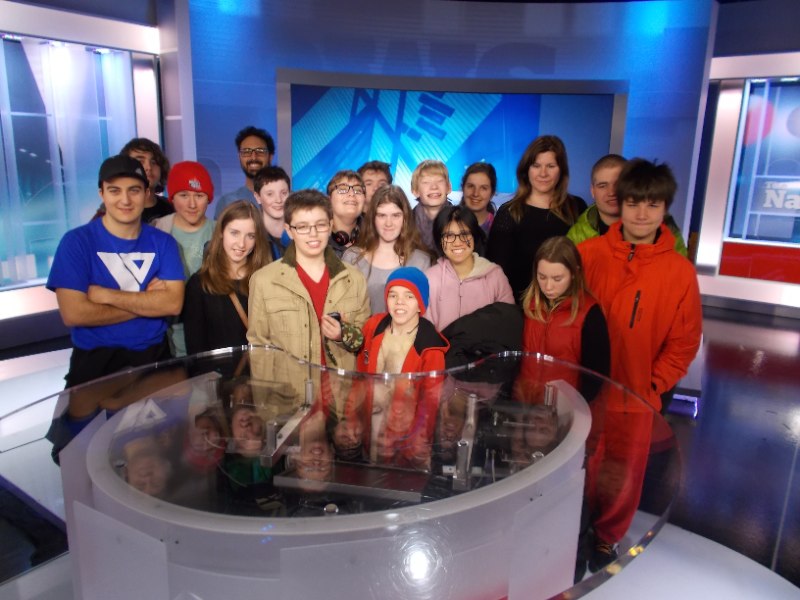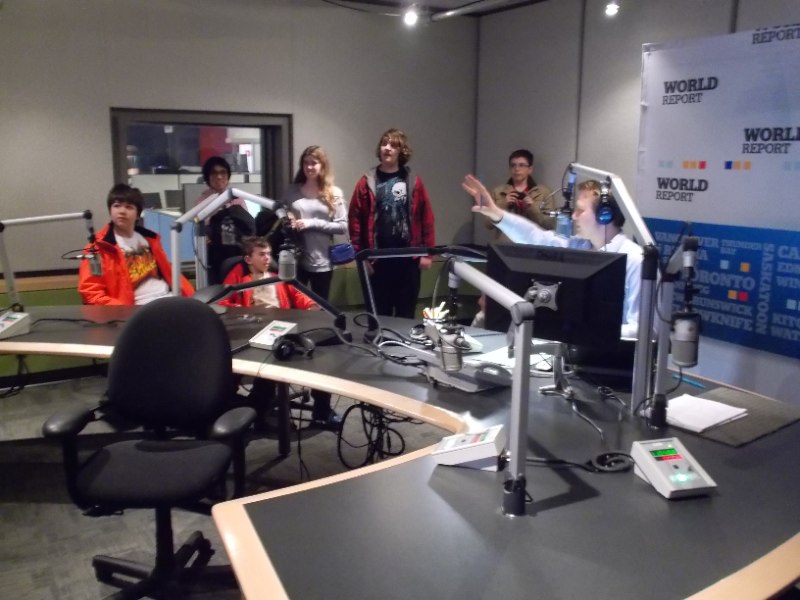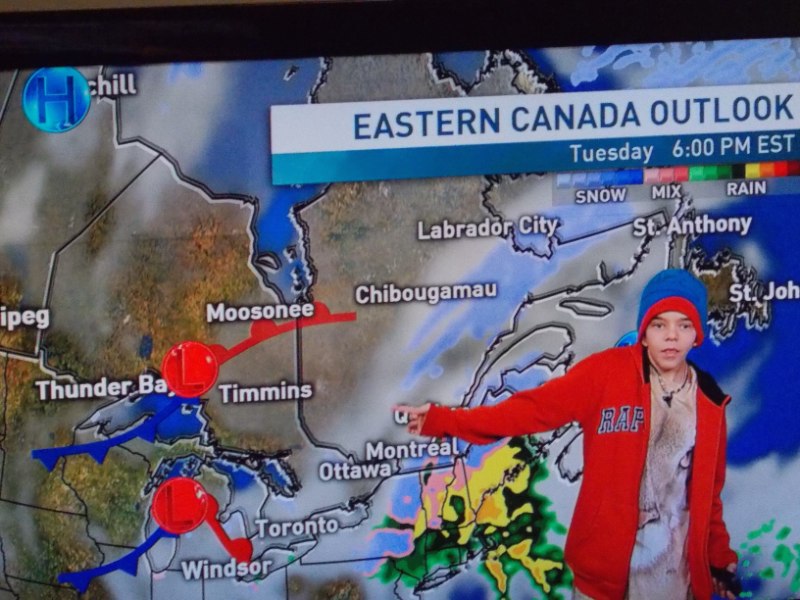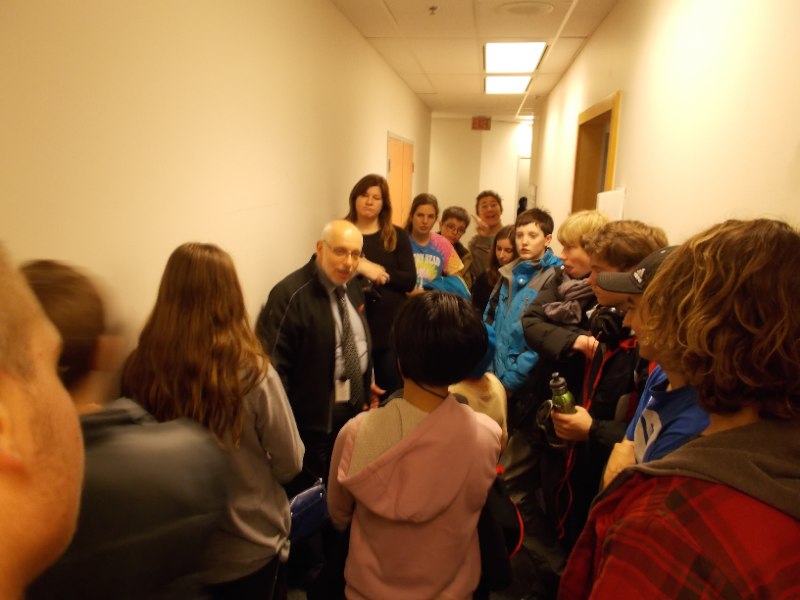This year marks the 50th Anniversary of the debut of Star Trek, a show that has captured the imagination of its fans, inspired the creation of many technologies, and most importantly, given viewers an encouraging vision of the future where the human race has learned to work with one another in a utopian society. In honour of this milestone, the Toronto International Film Festival (TIFF) Lightbox Theatre has put together a series of events to celebrate the occasion.
One such event is Trek Talks: Bridging Science and the Arts. This is a panel style discussion on Star Trek and education which includes a physician (Sonny Kohli) a Canadian astronaut (Jeremy Hansen) and Royal Ontario Museum Managing Director (Marianne Mader). The panel will discuss how science can inspire the arts and how the art in turn can inspire science. The panel will also discuss how film and television projects like Star Trek inspire careers in science, space, technology, math, arts, and engineering.
Since Star Trek embodies so much science, it was (as Mr. Spock would say) a logical conclusion to take the grade 10 science class to partake in this discussion. And so on star date 10.13.16, the grade 10 science class, along with their Captain and the Academy’s Technical Analyst officer, boldly navigated their way to the TIFF Lightbox Theatre at warp speed, and listened in awe to the stories and anecdotes of the presenters.
After being introduced to the panel, the audience was shown a video montage of a variety of scenes from the various Star Trek television shows that visually demonstrated the science and art themes of the event. The panel discussed and explored a variety of questions and topics audience which included:
- How Star Trek influenced their career path
- What aspects of Star Trek have allowed its legacy to last for 50 years?
- The importance of scientific accuracy in television shows
- The ethics of scientific progress
- The advantages of a scientifically literate society
- Star Trek’s influence on the development of technology
- The importance of risk taking in scientific exploration
After listening to the panel members’ personal and enthusiastic answers, the audience were granted an opportunity to ask questions to the panel. Three of our student’s posed their questions to the panel and listened with curiosity to the answers. After the event concluded, we had the honour of taking a group photograph with one of the panel members, Canadian astronaut Jeremy Hansen.
Check out more photos from this event on our Facebook page!
To watch the entire panel discussion see below! (To skip to our student questions, forward to time index 1 hour, 31 minutes)

